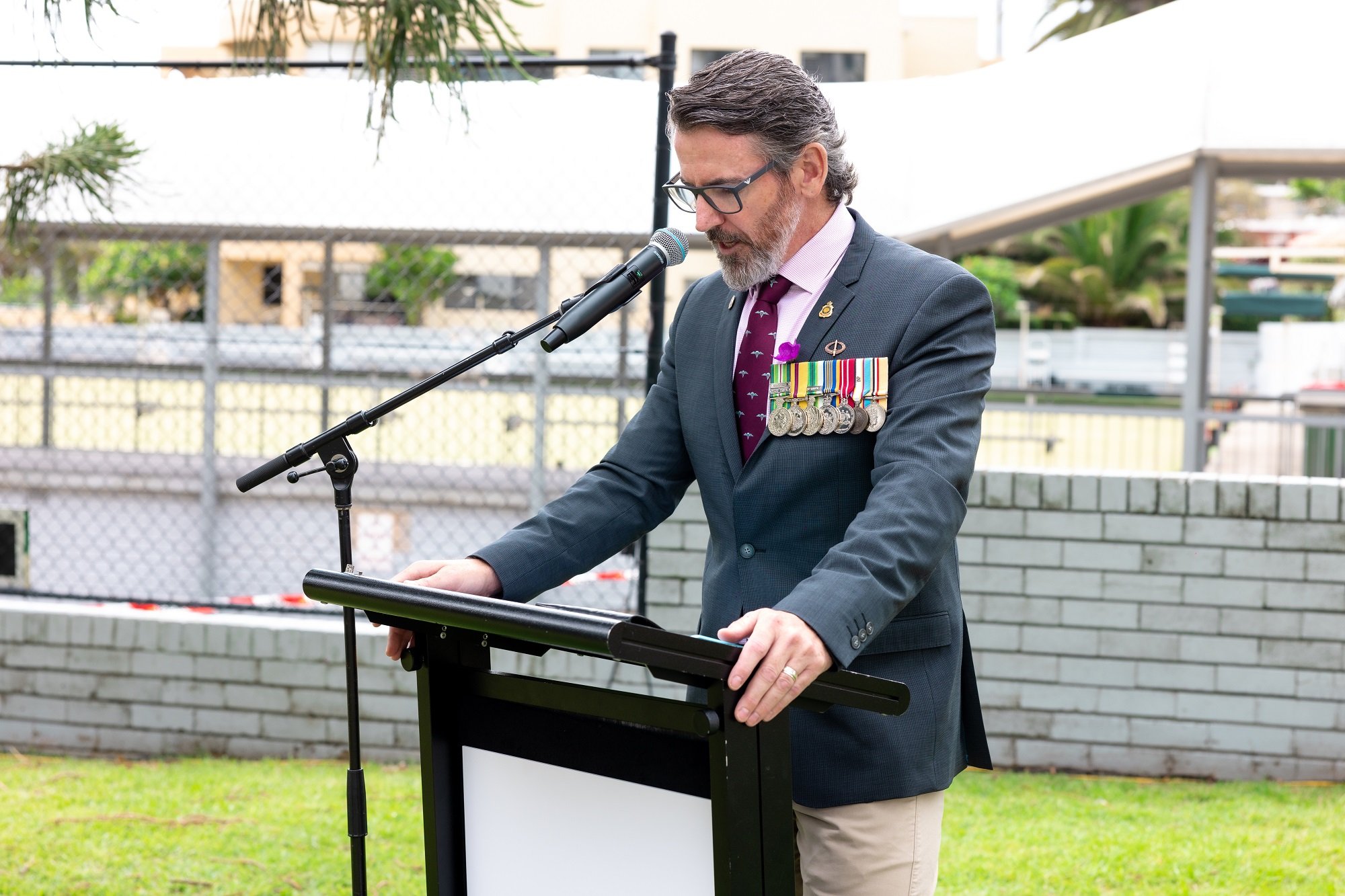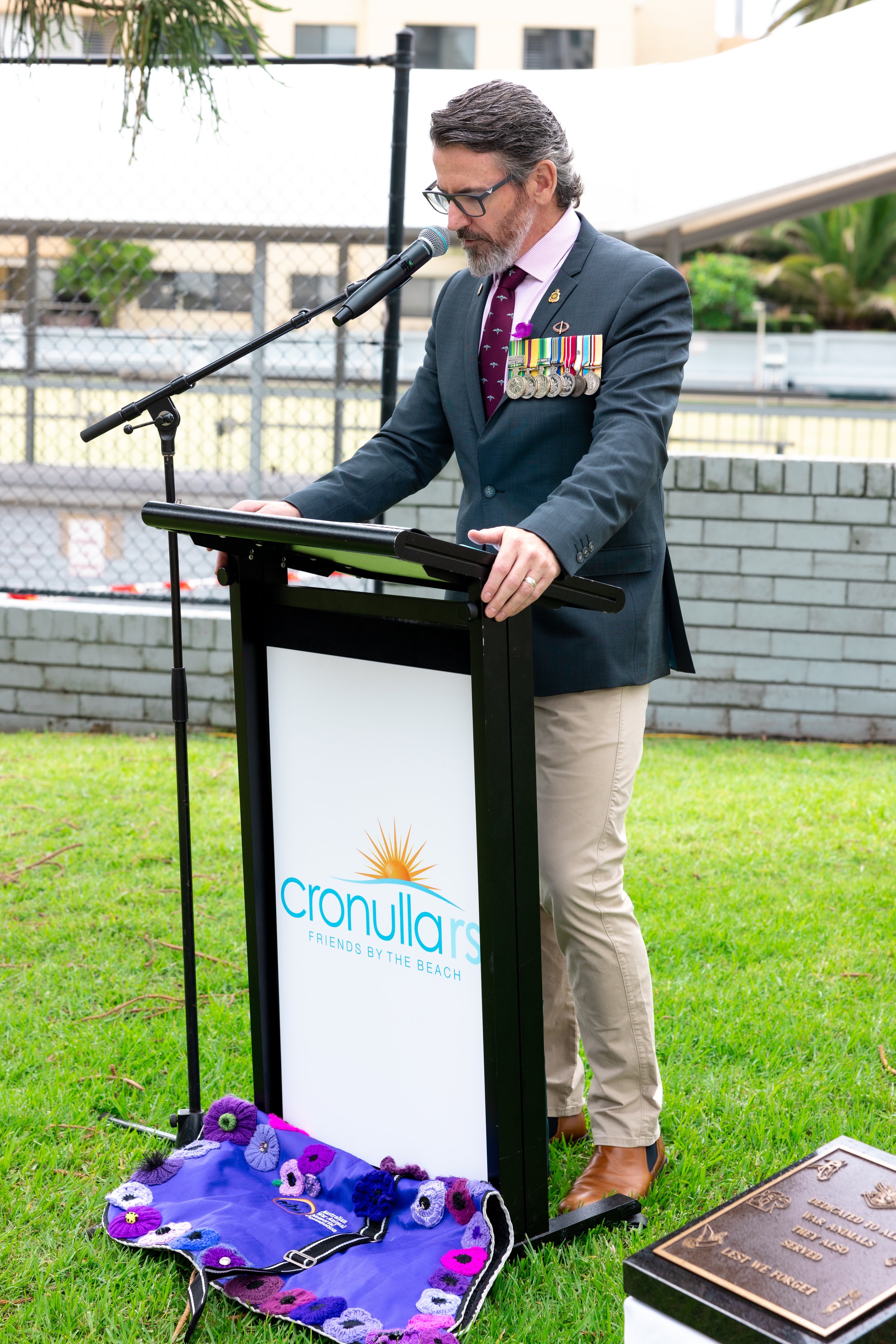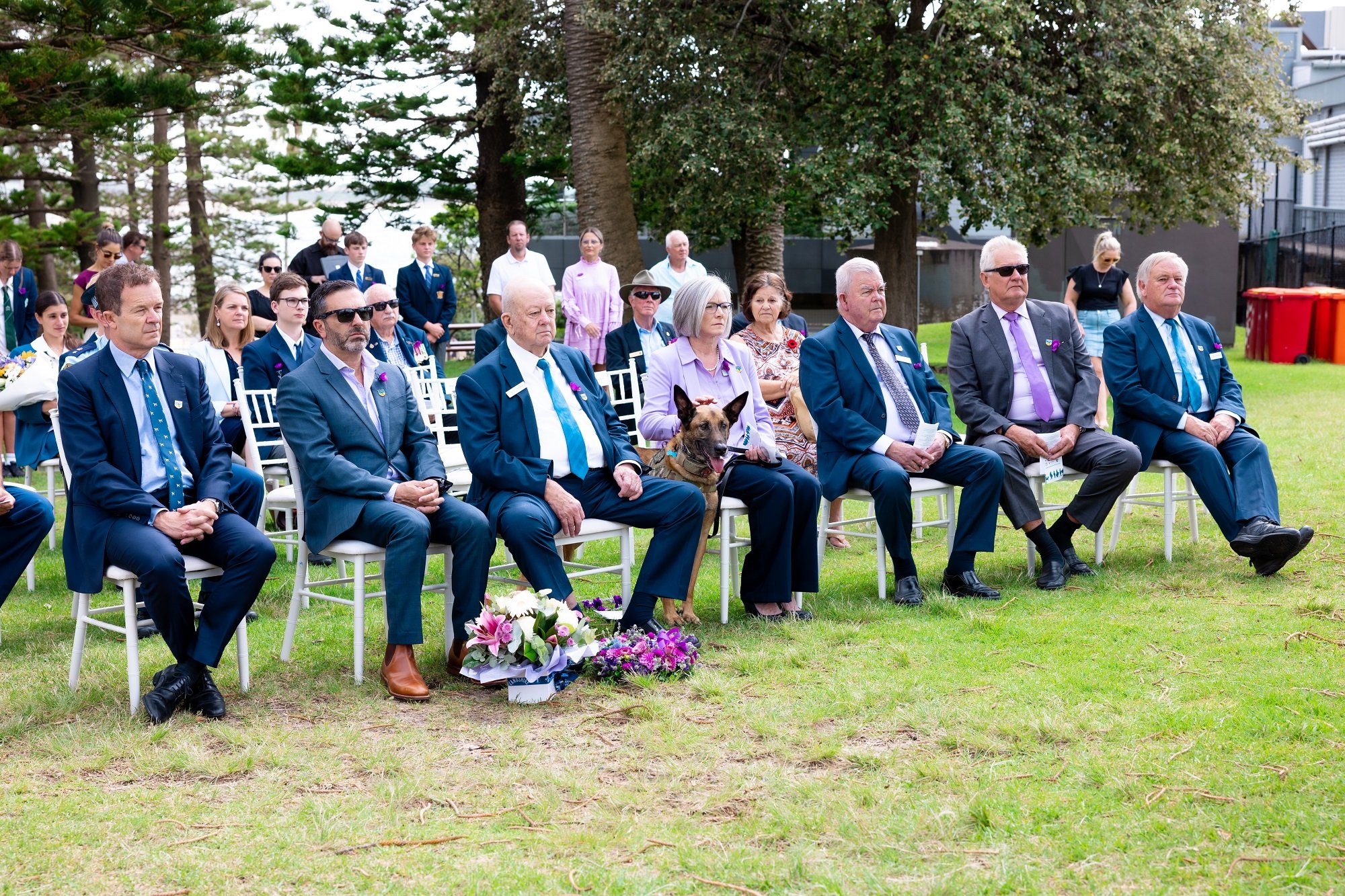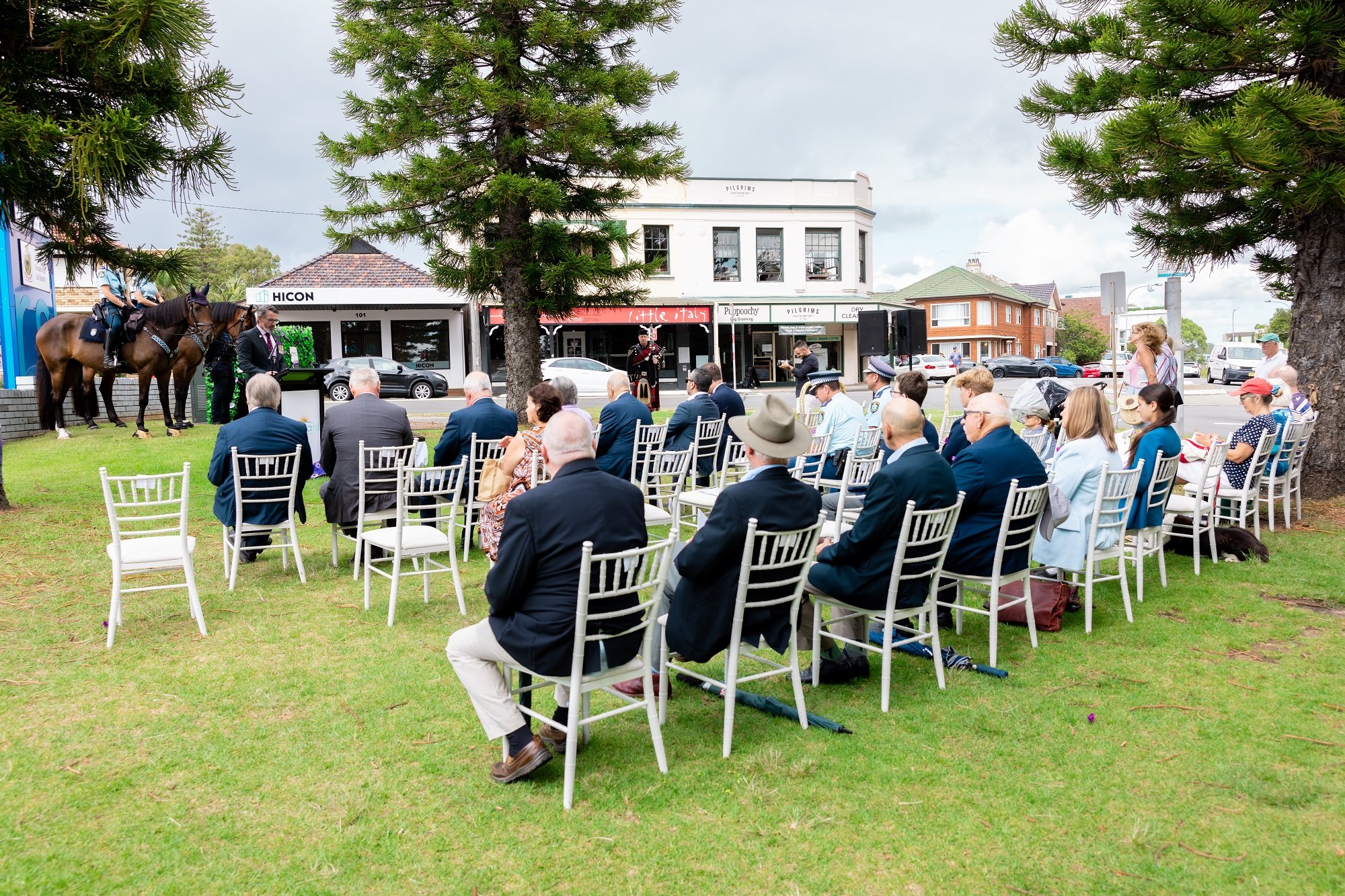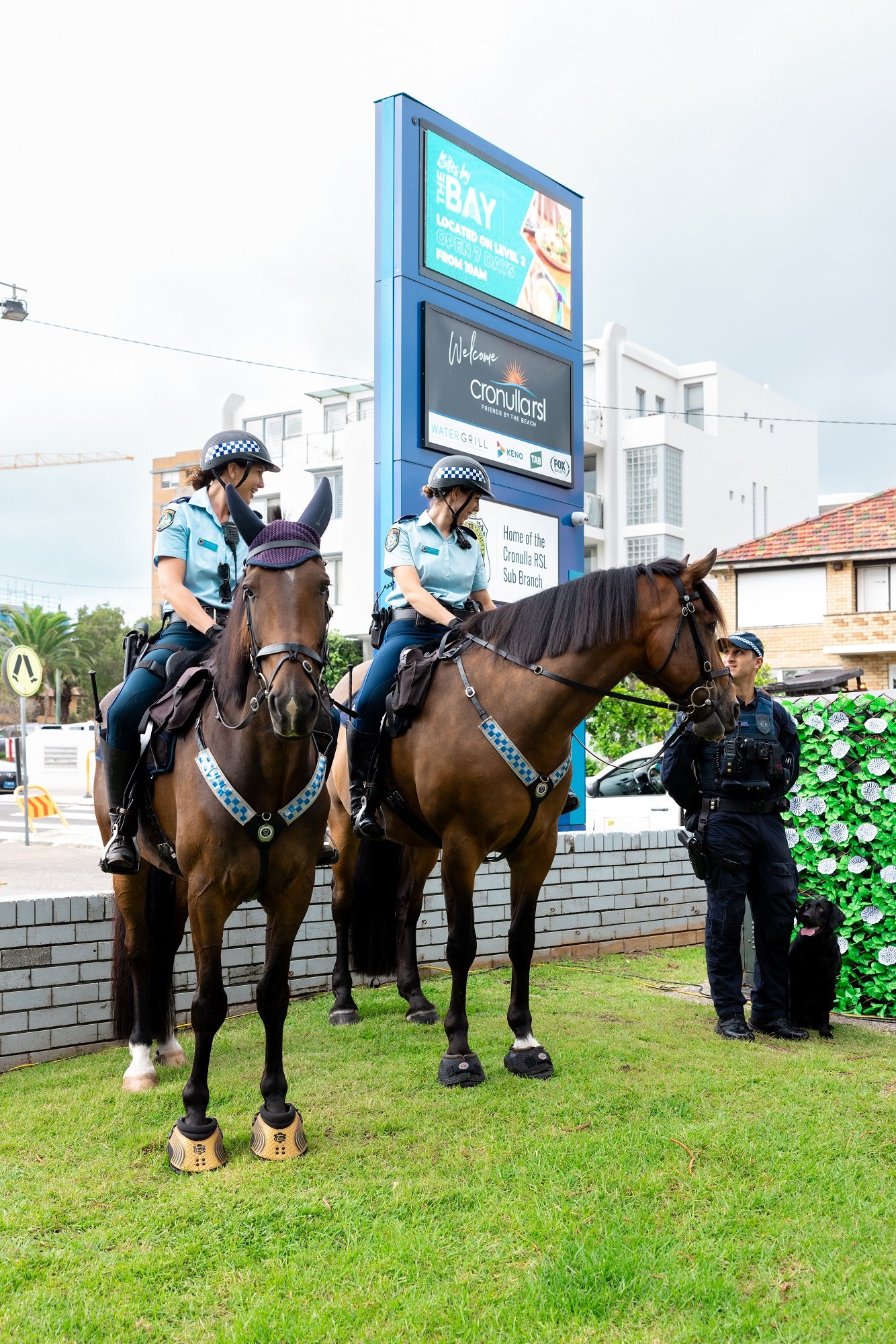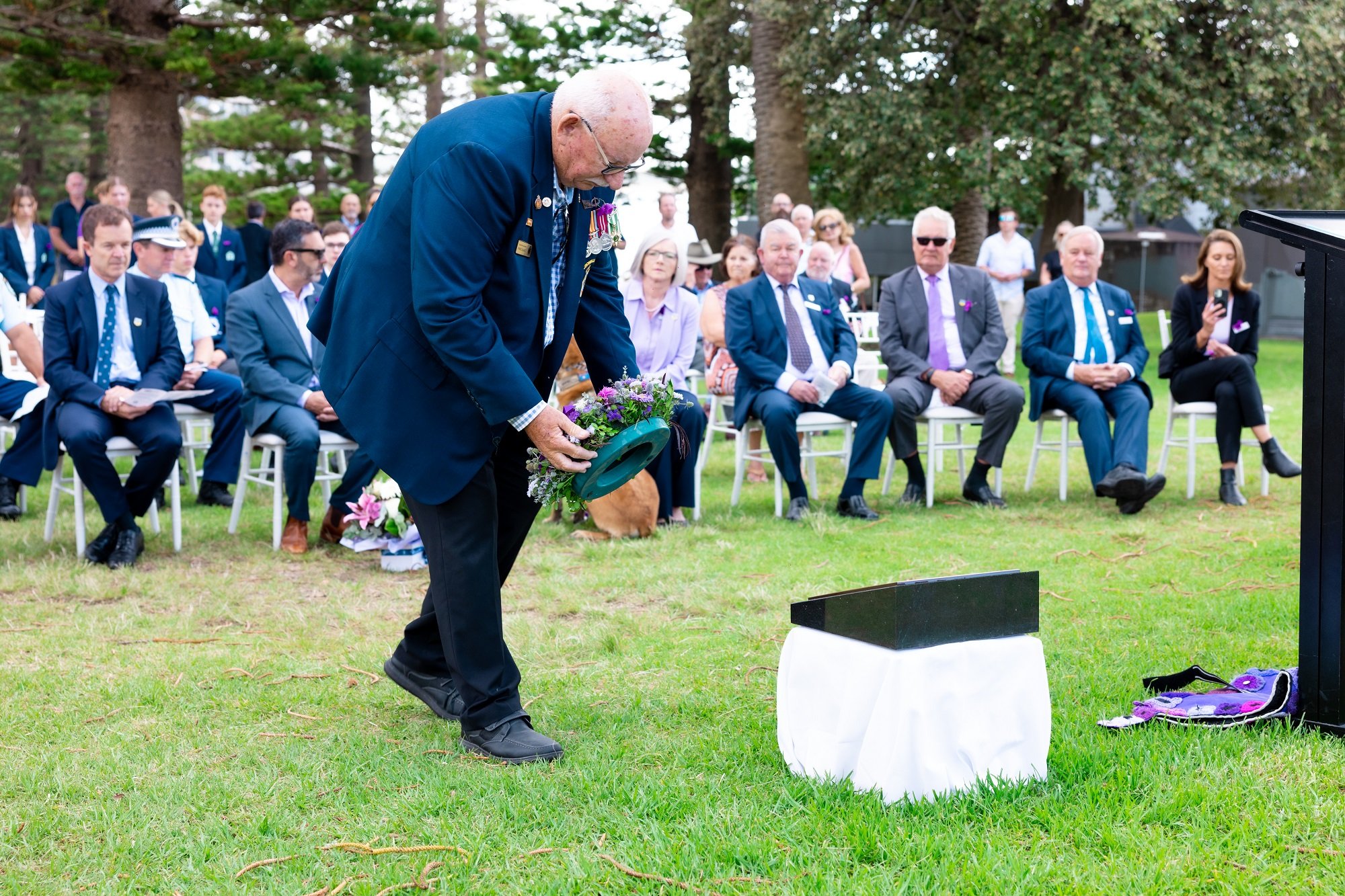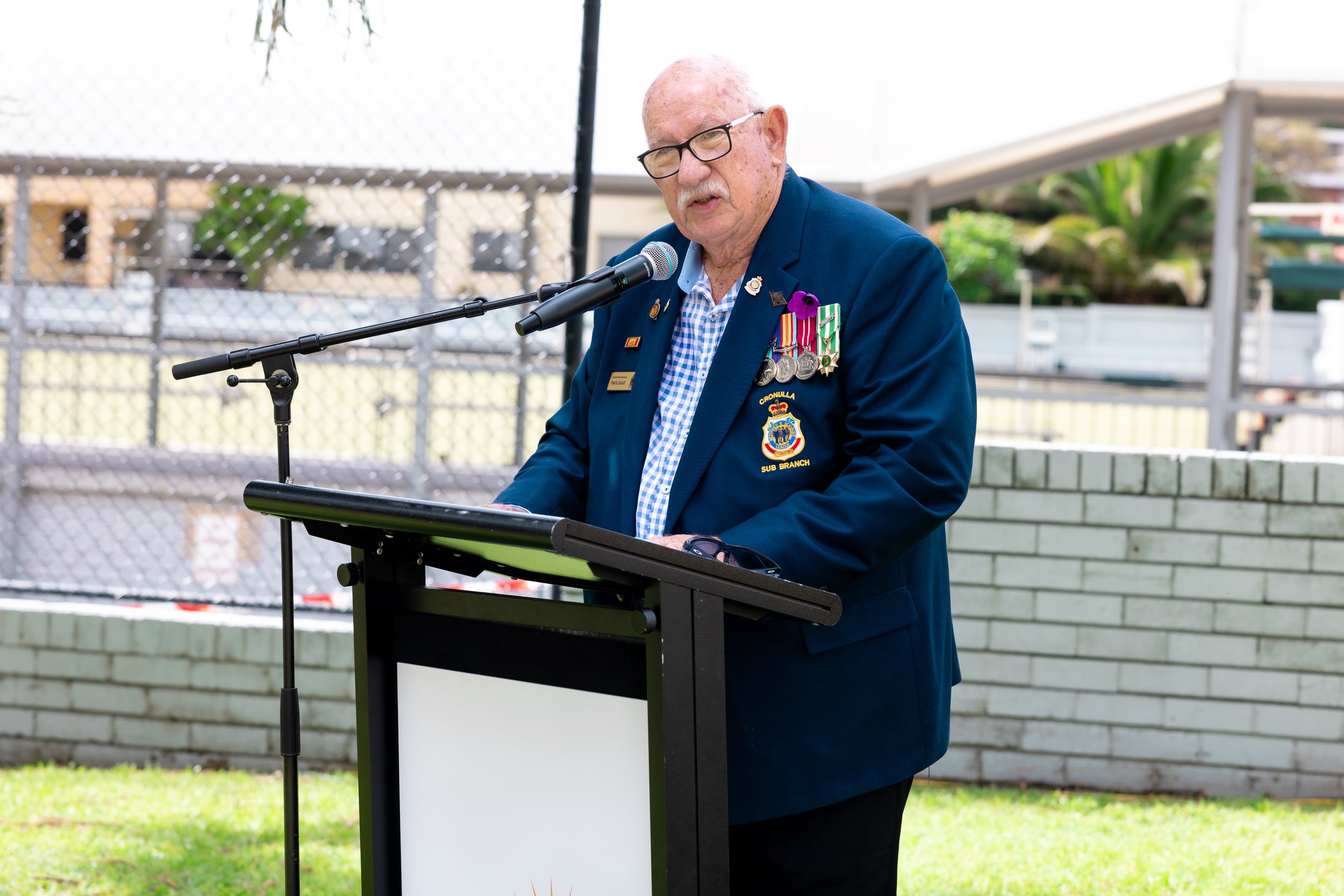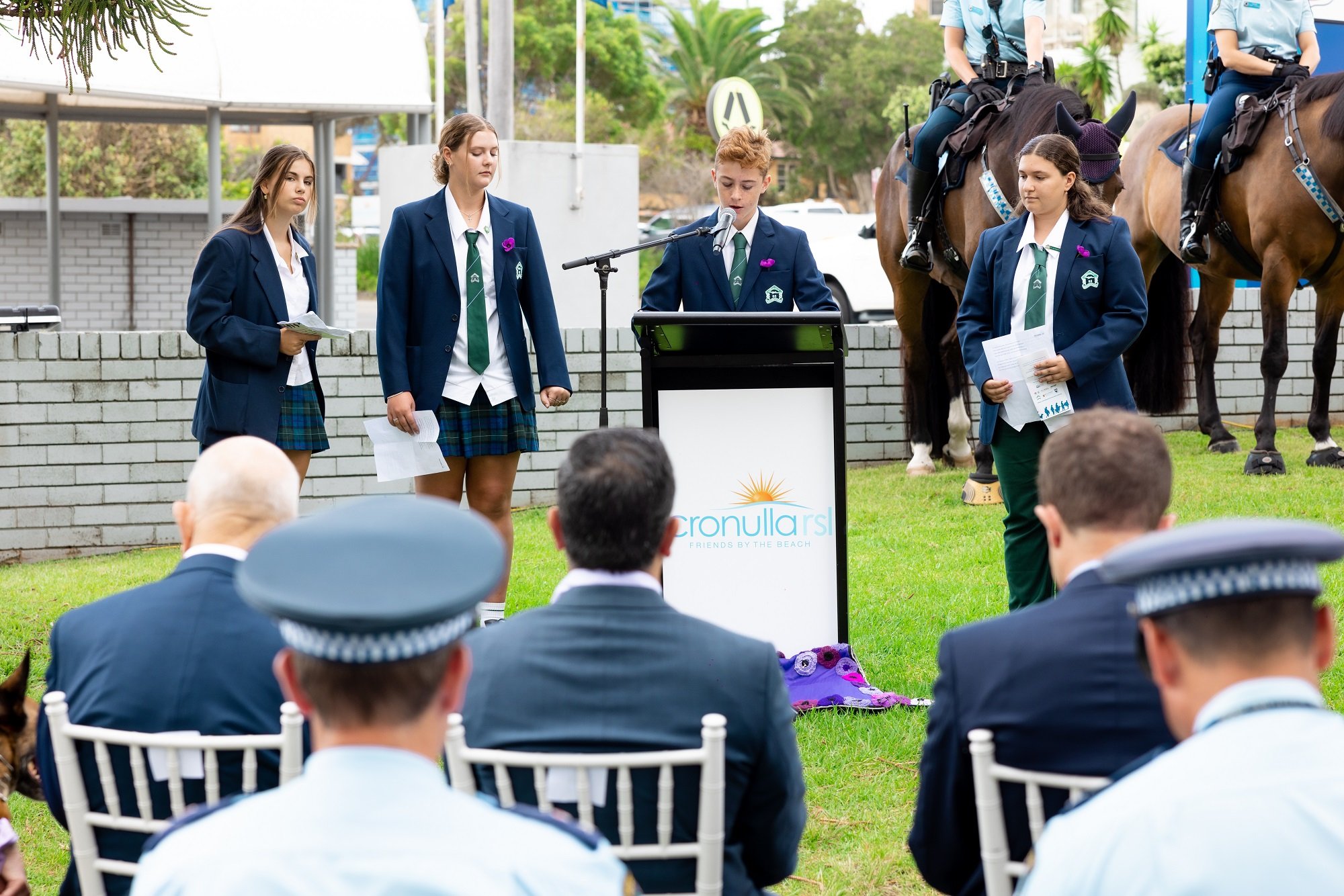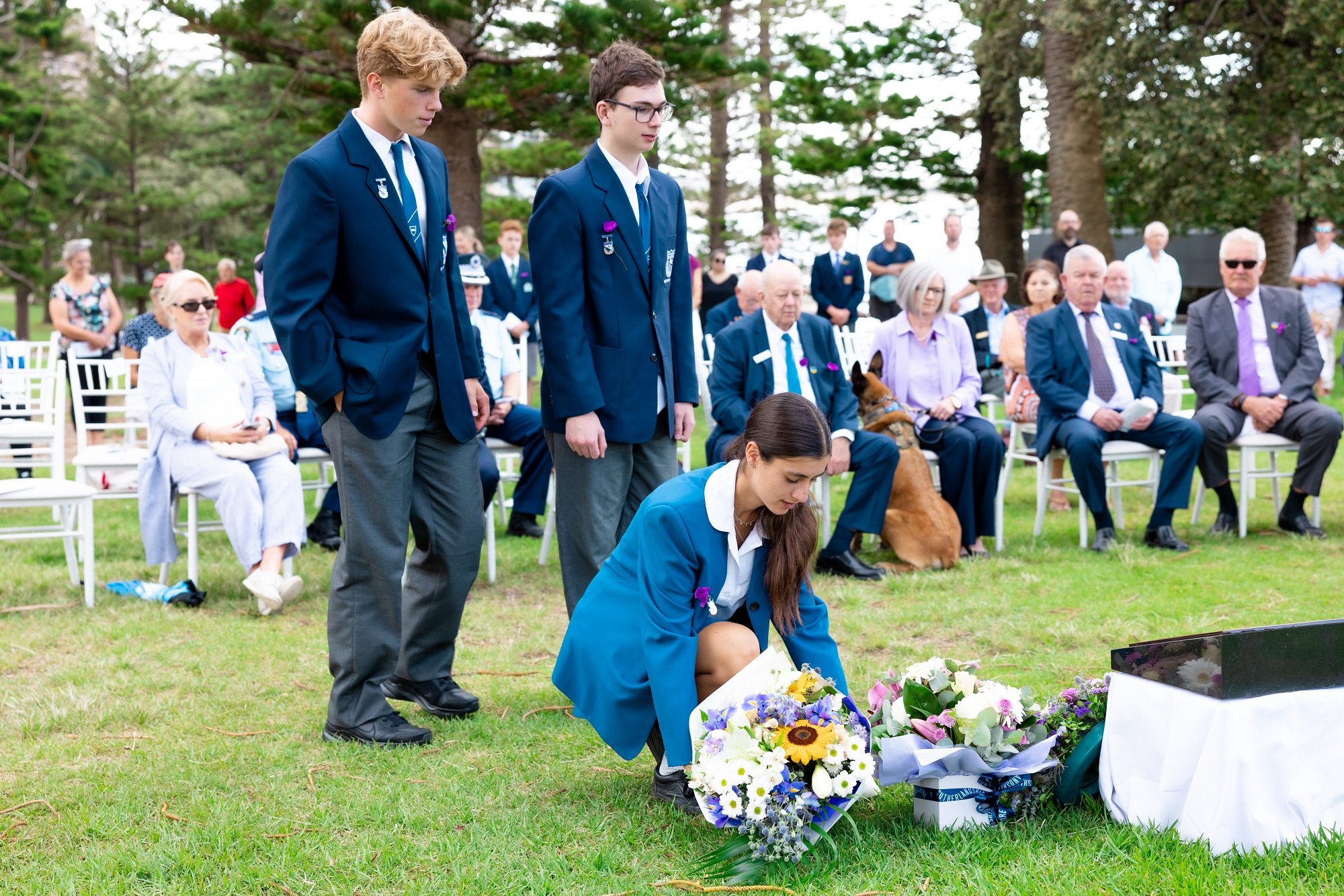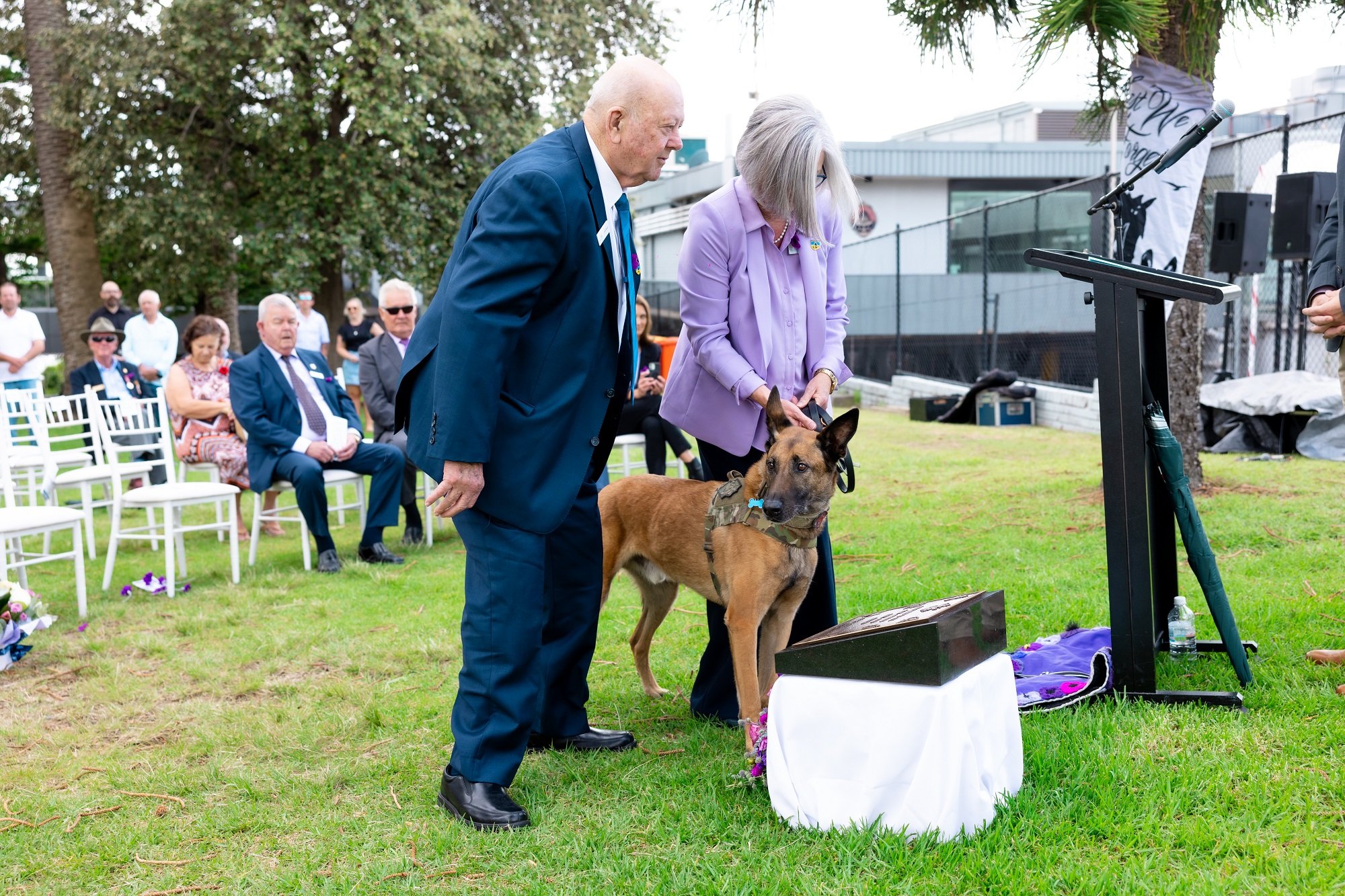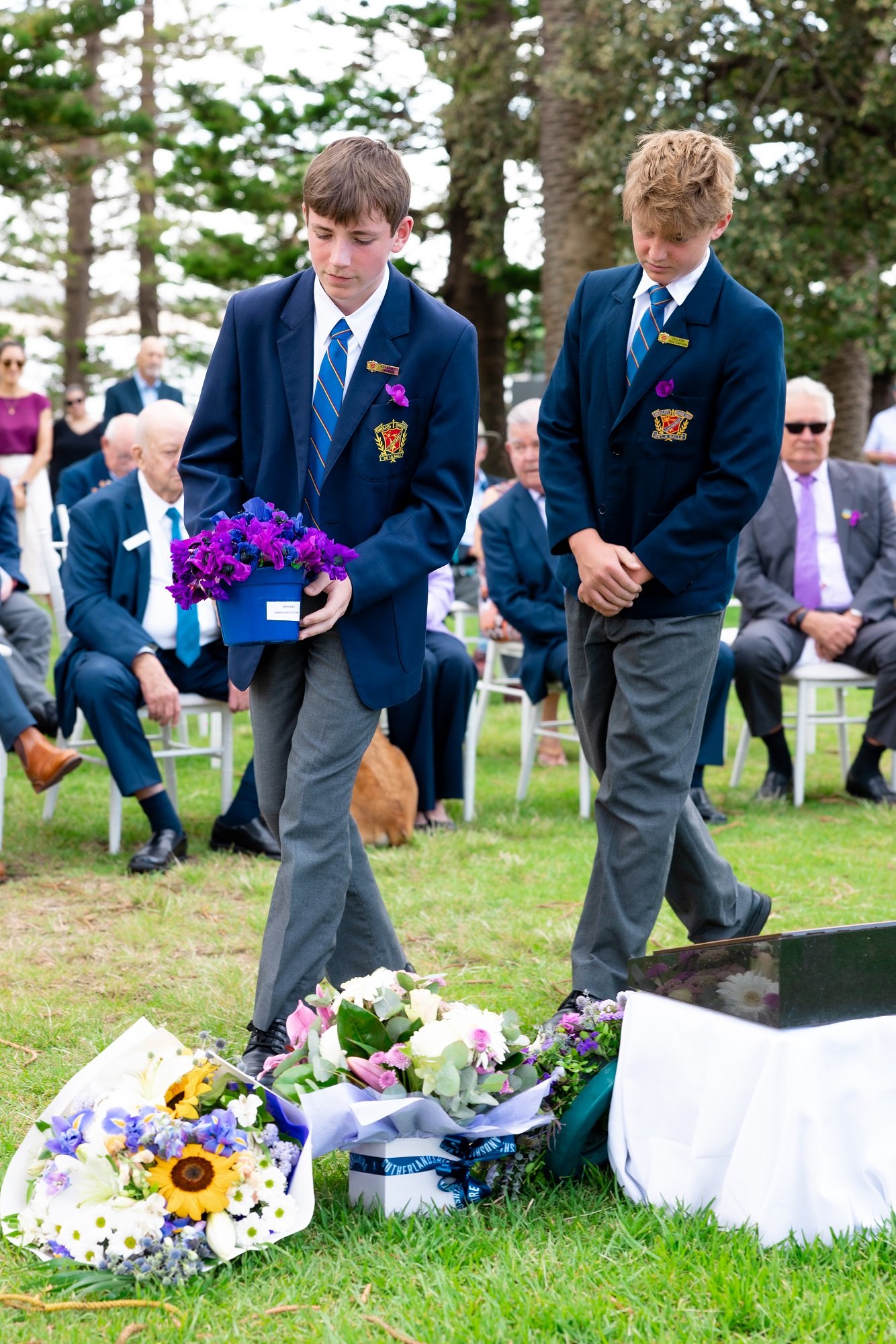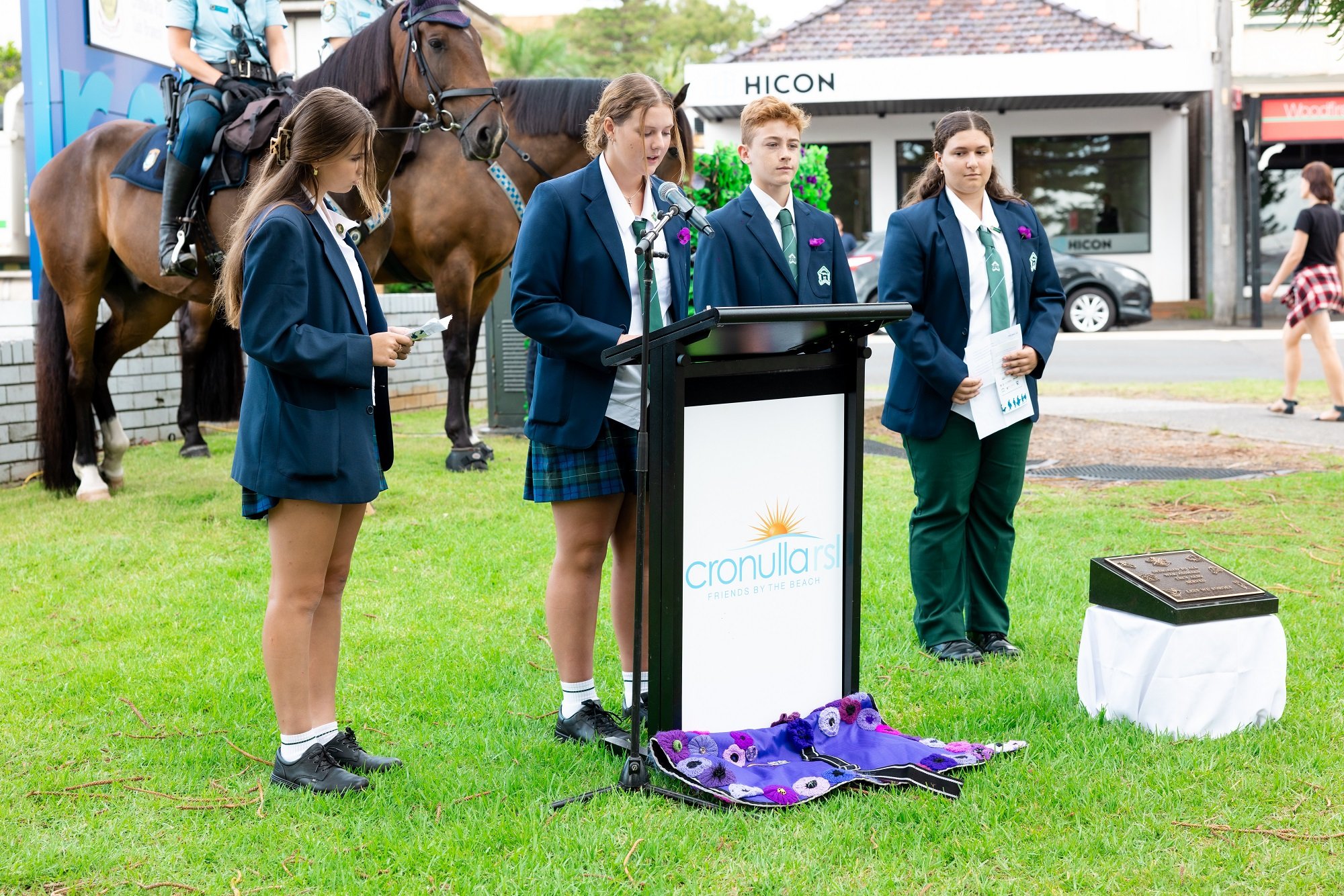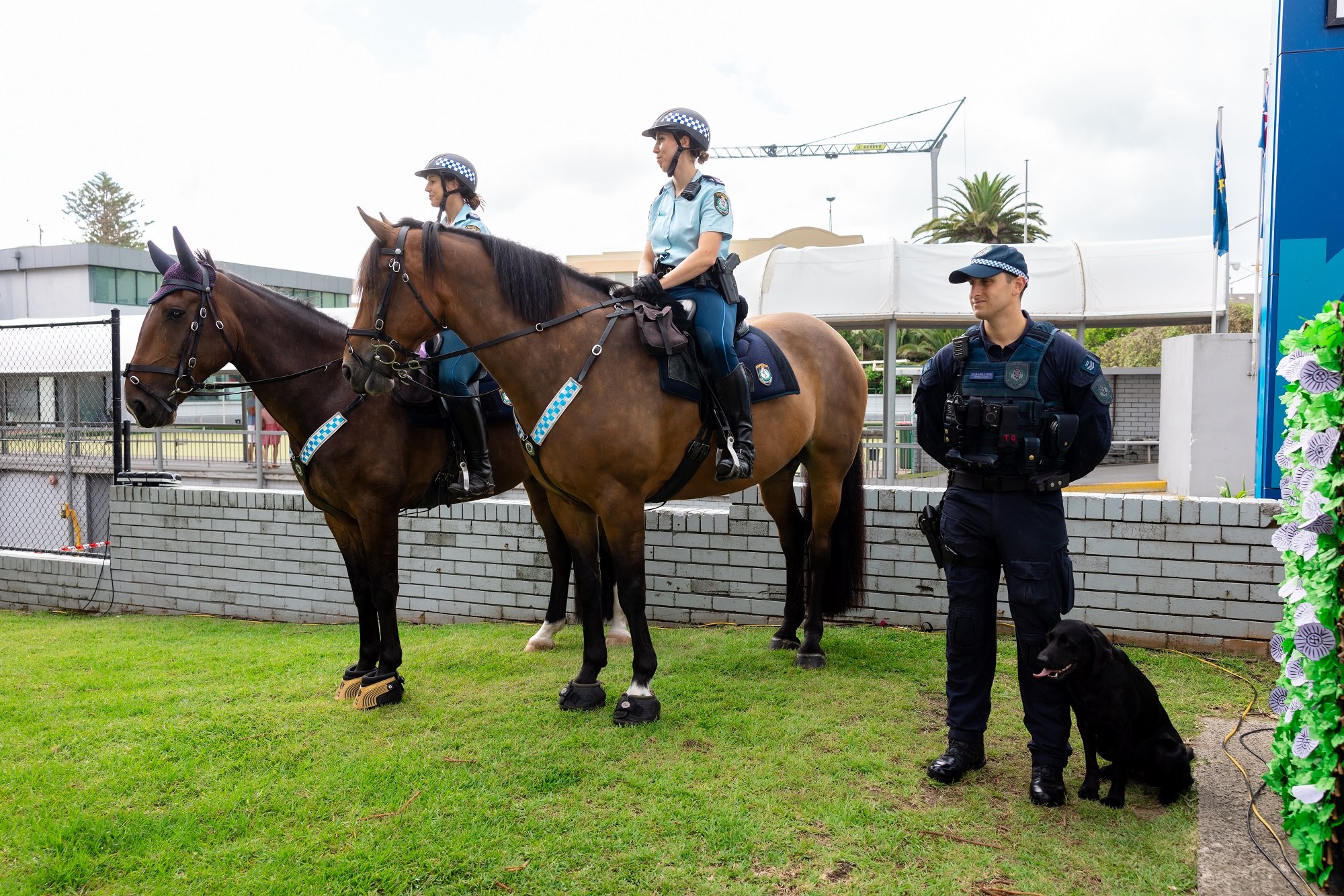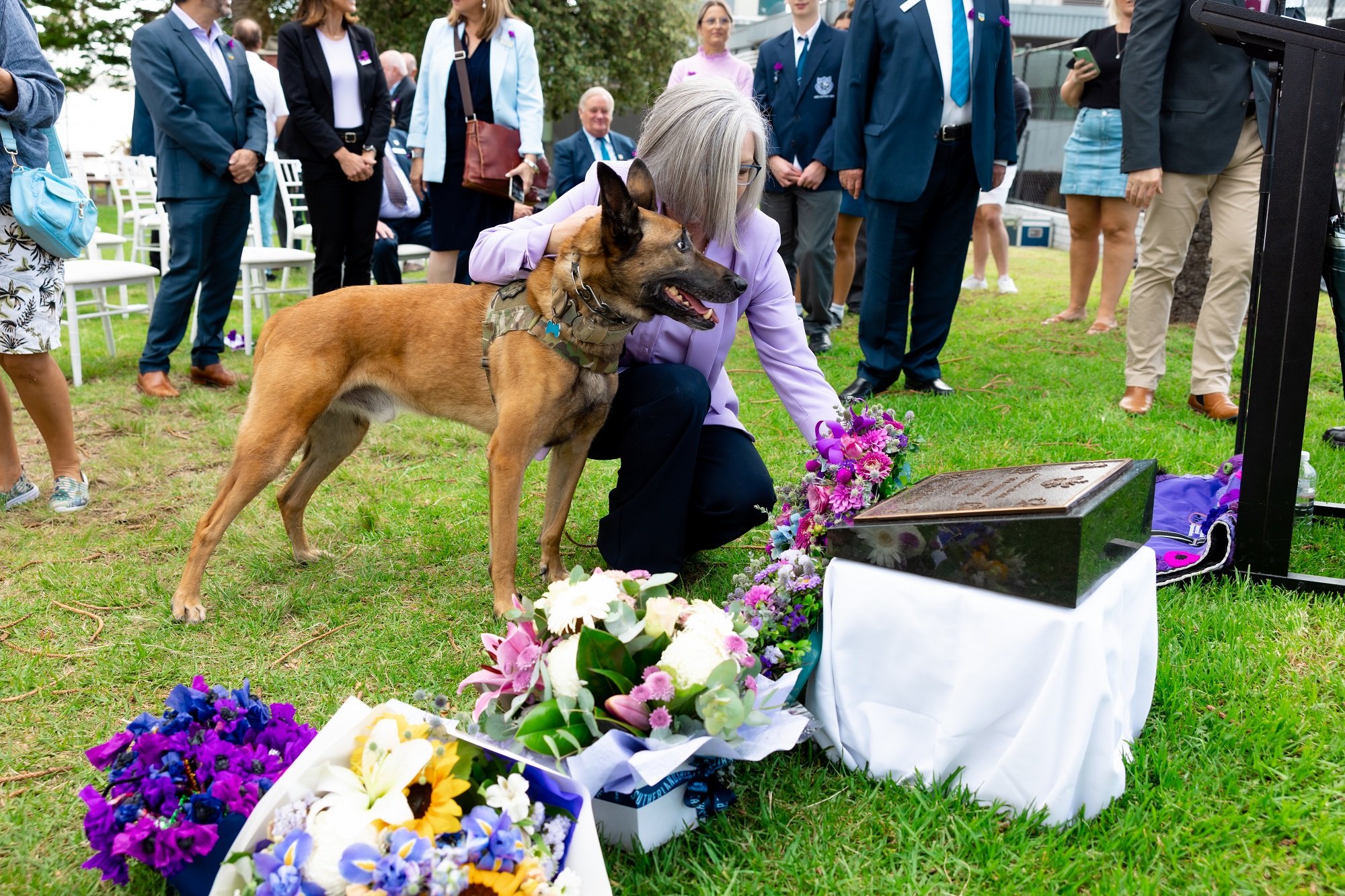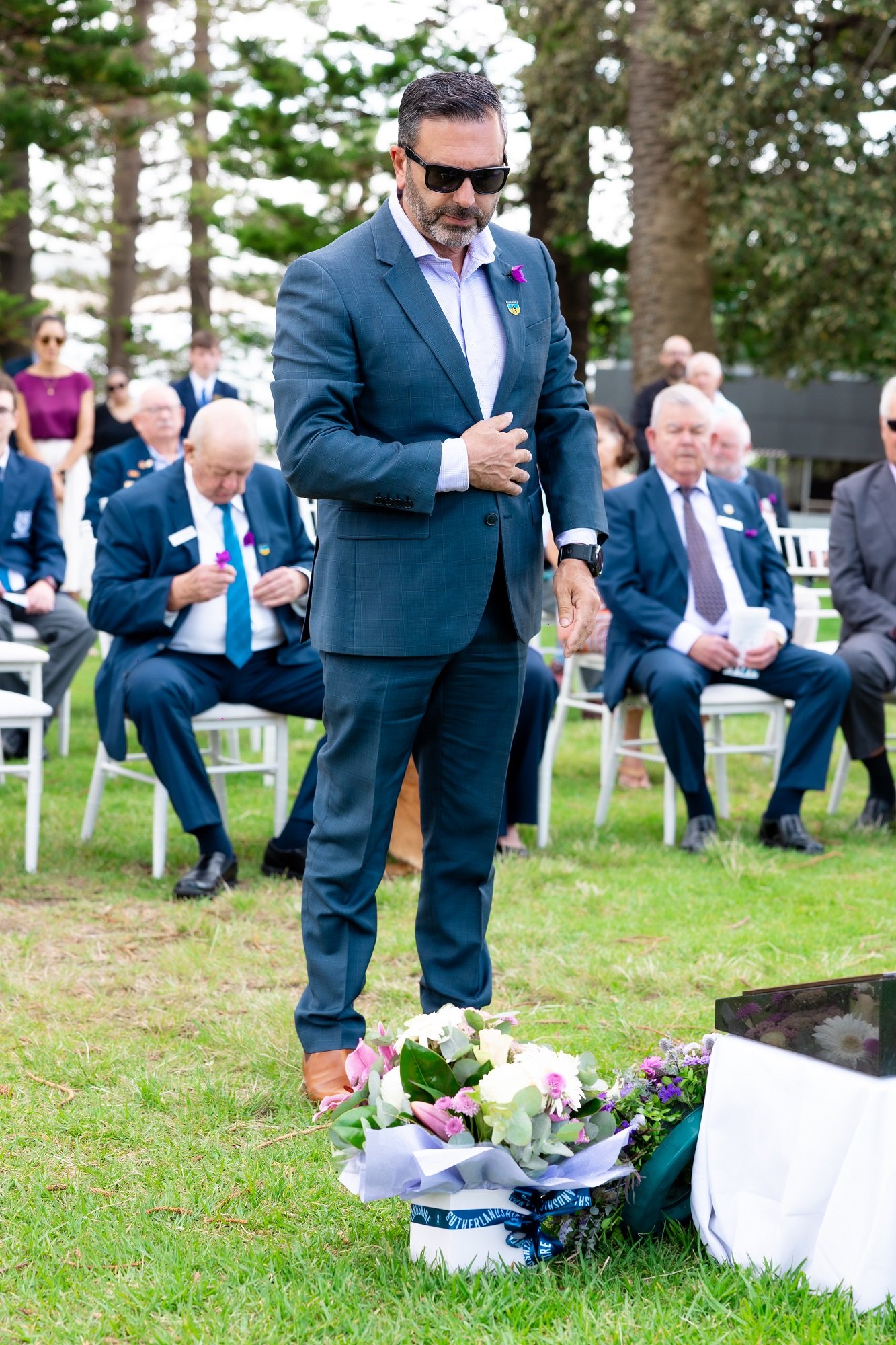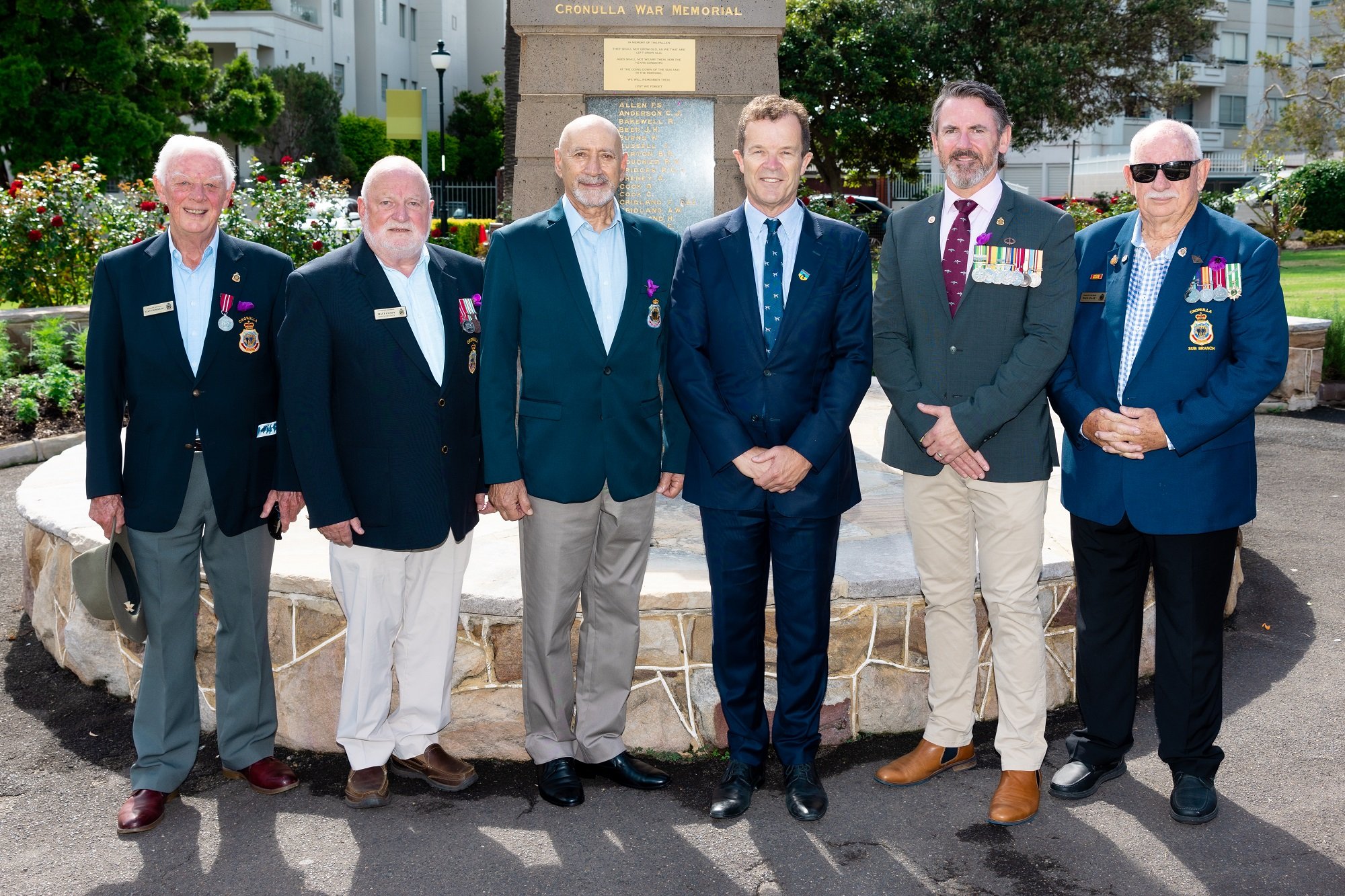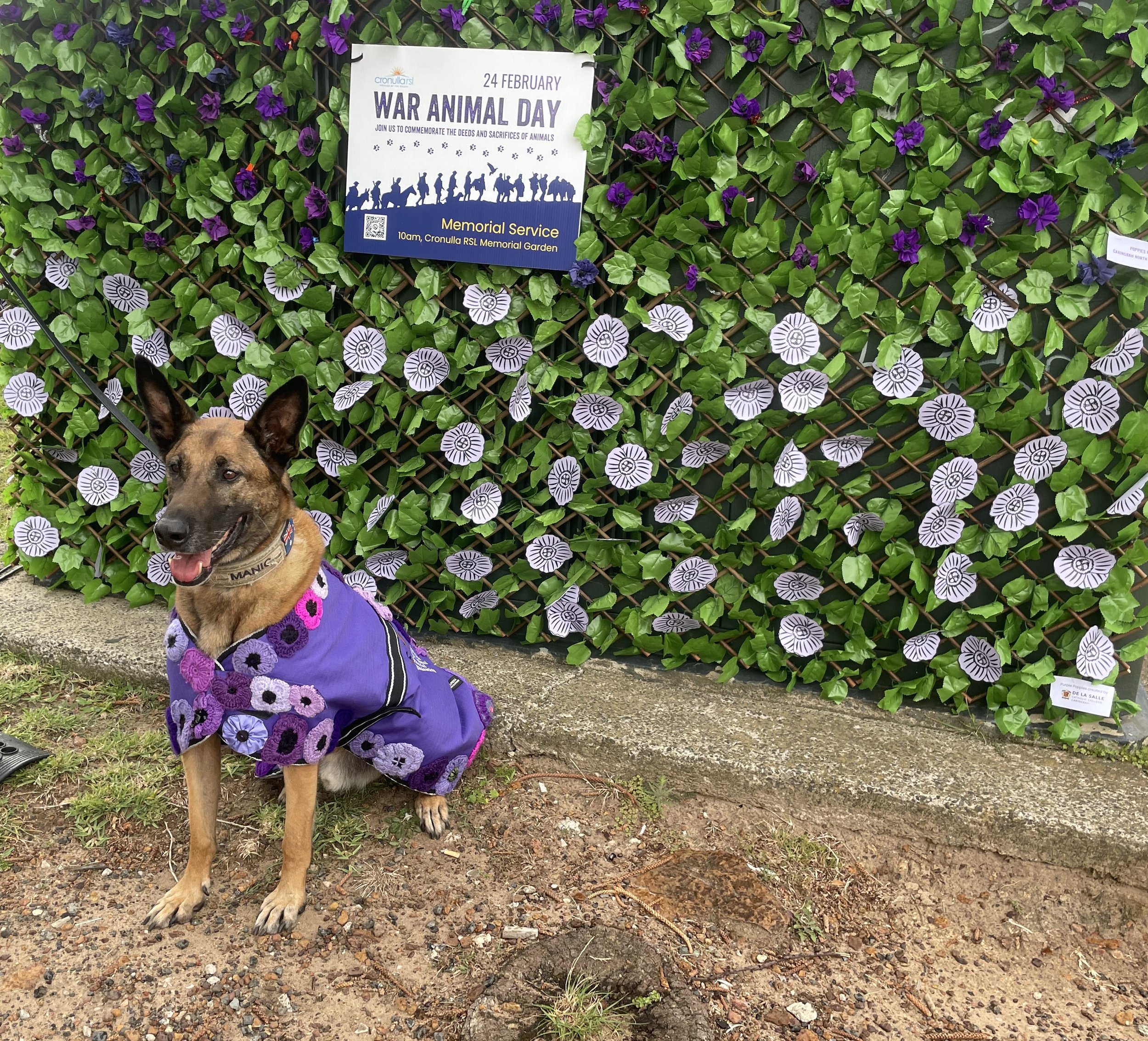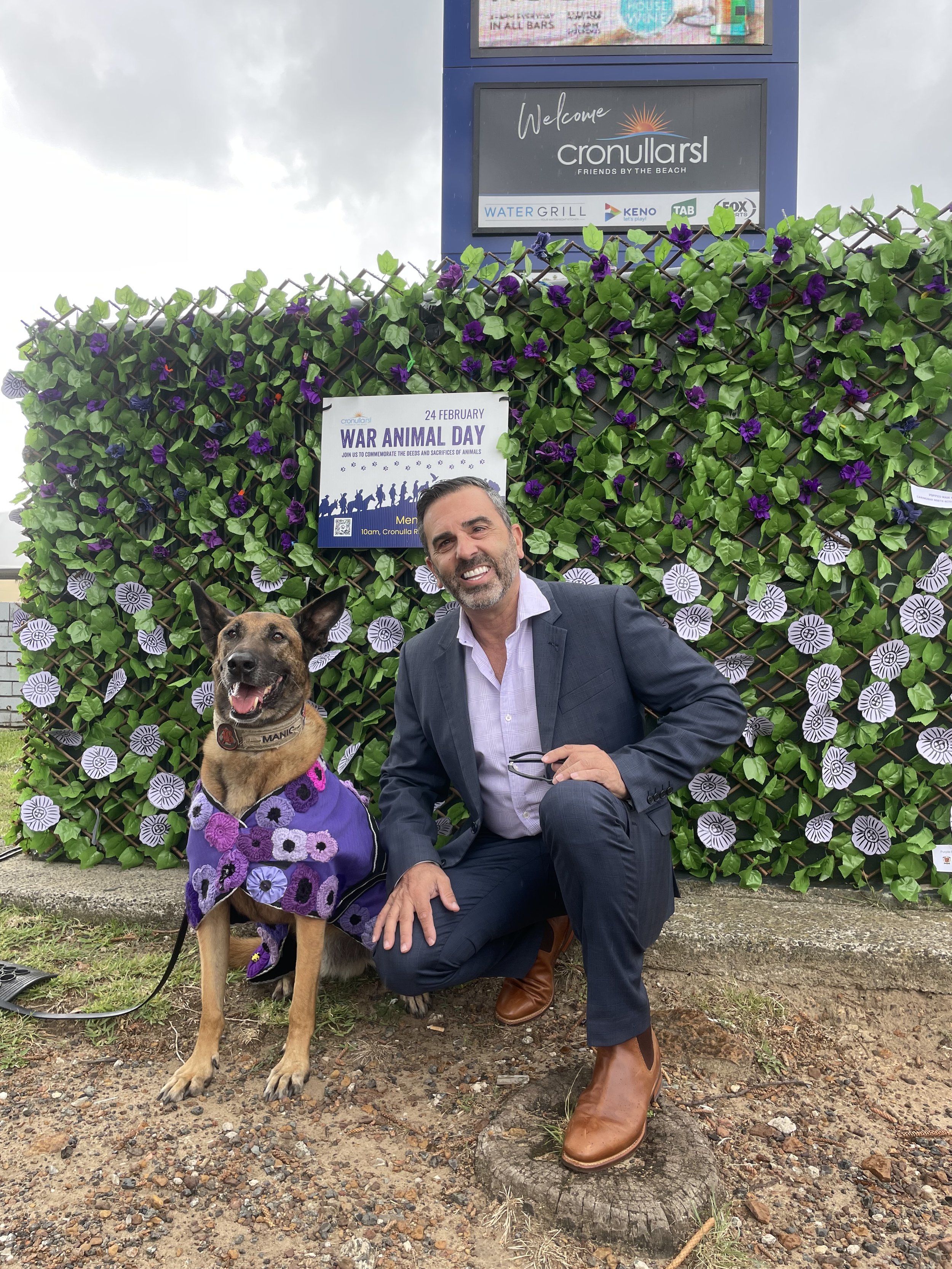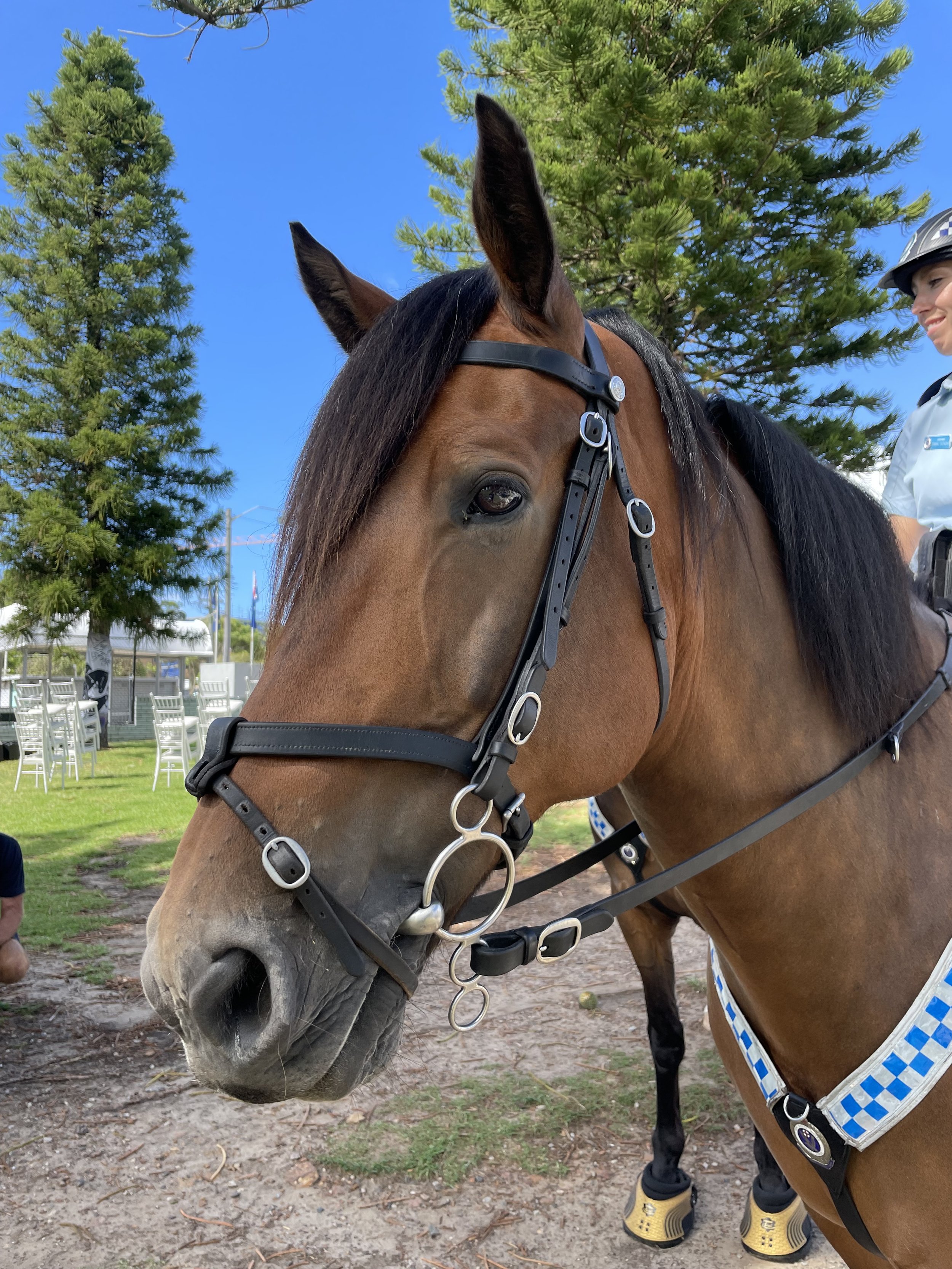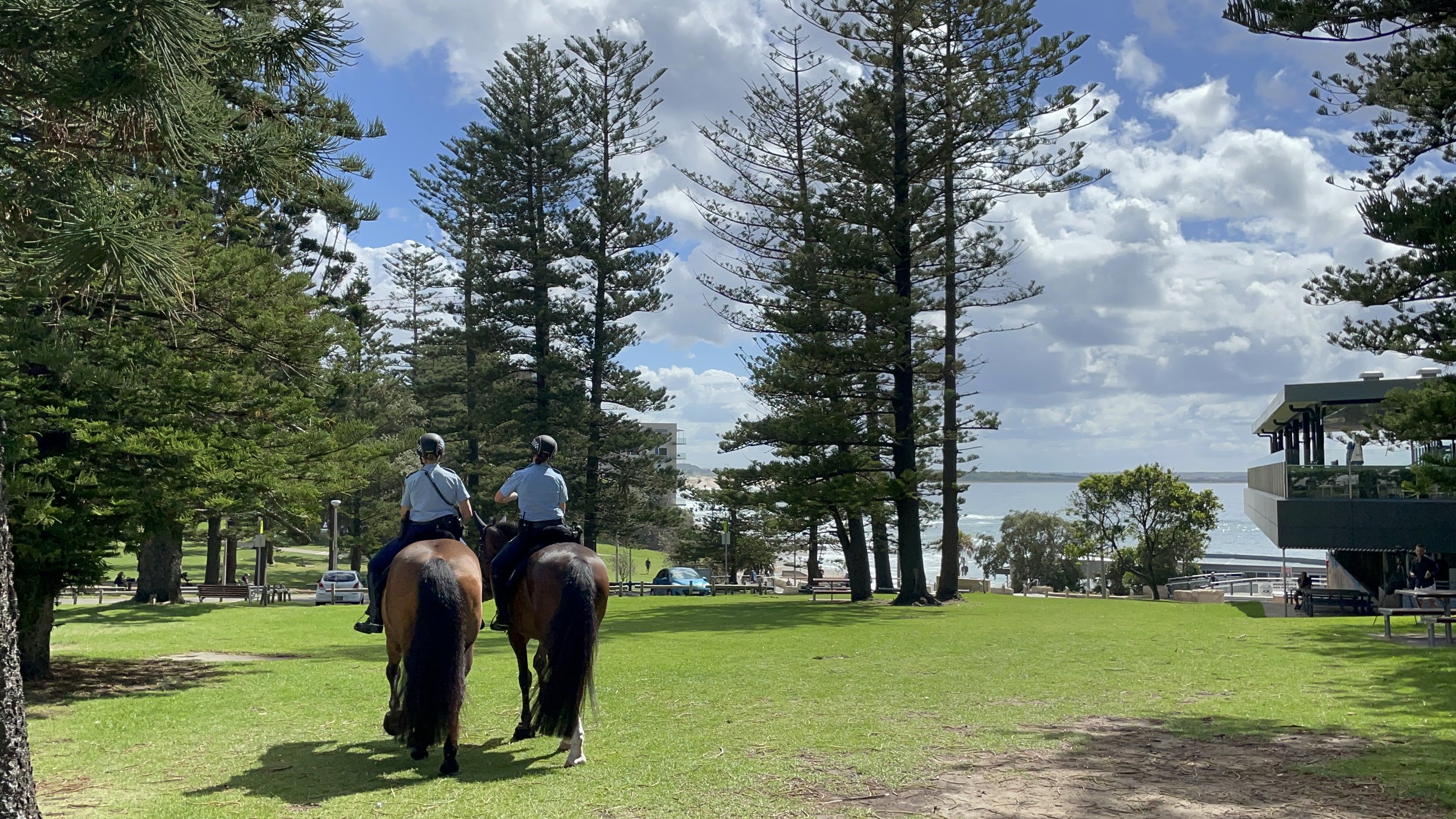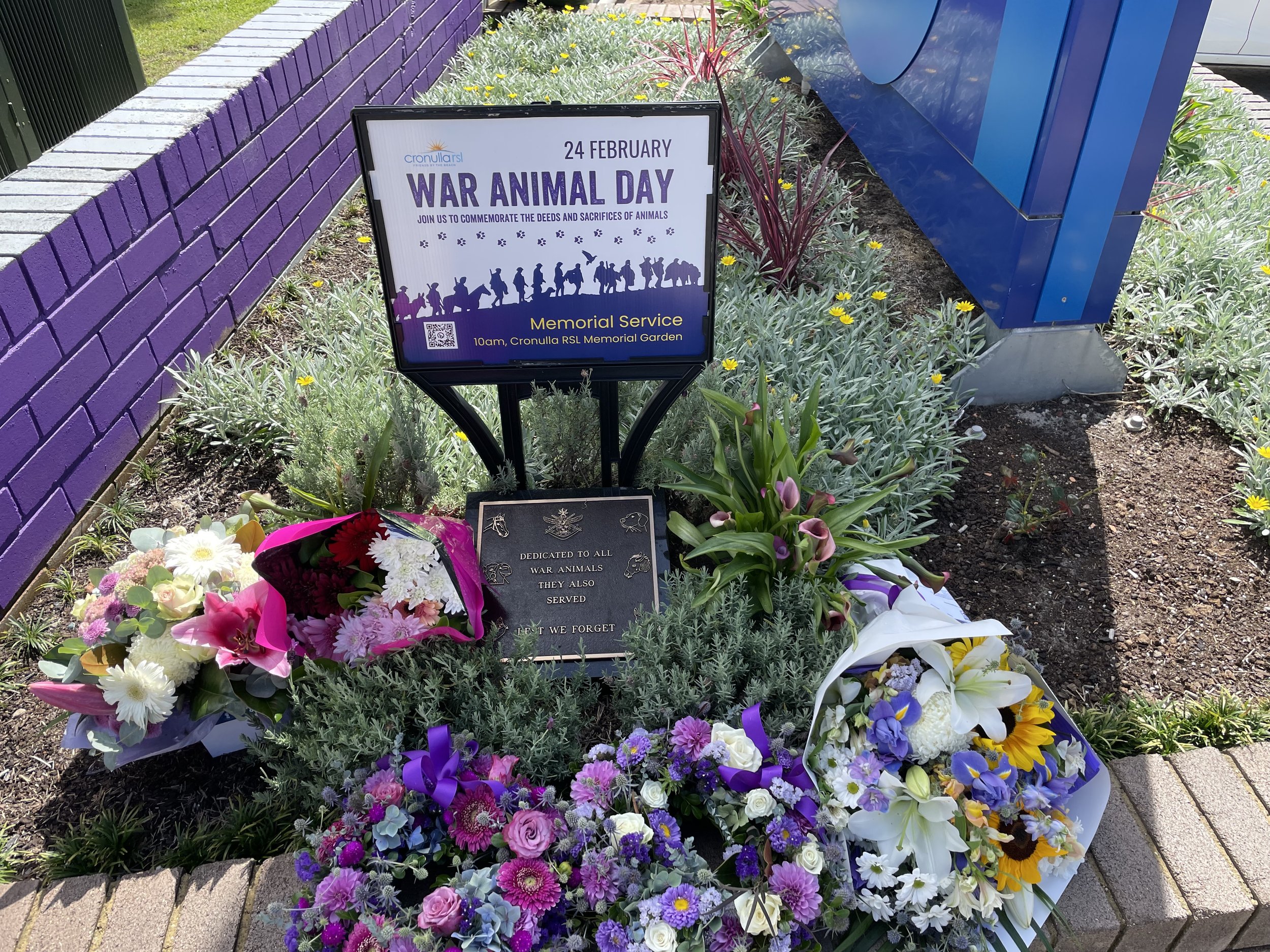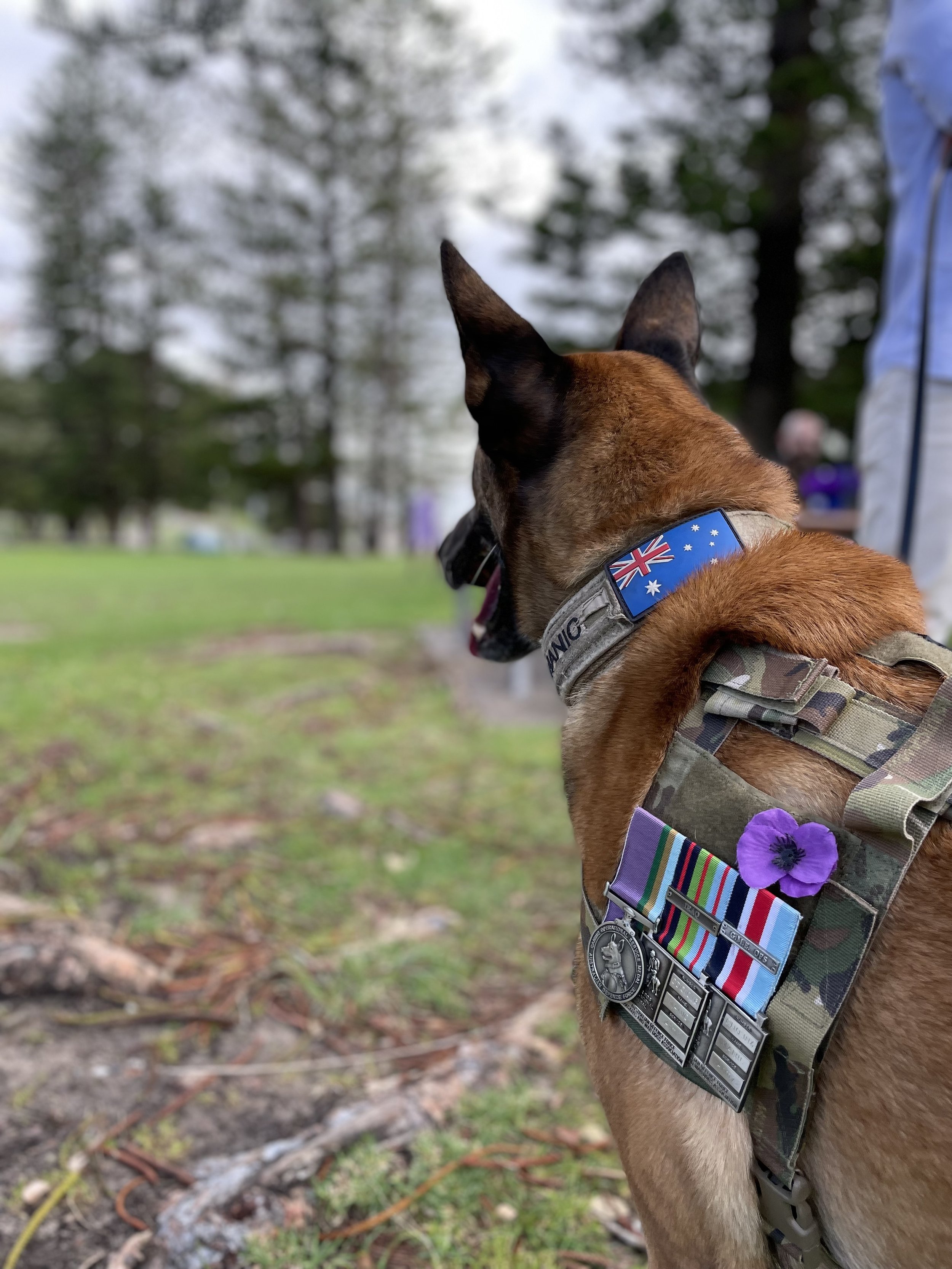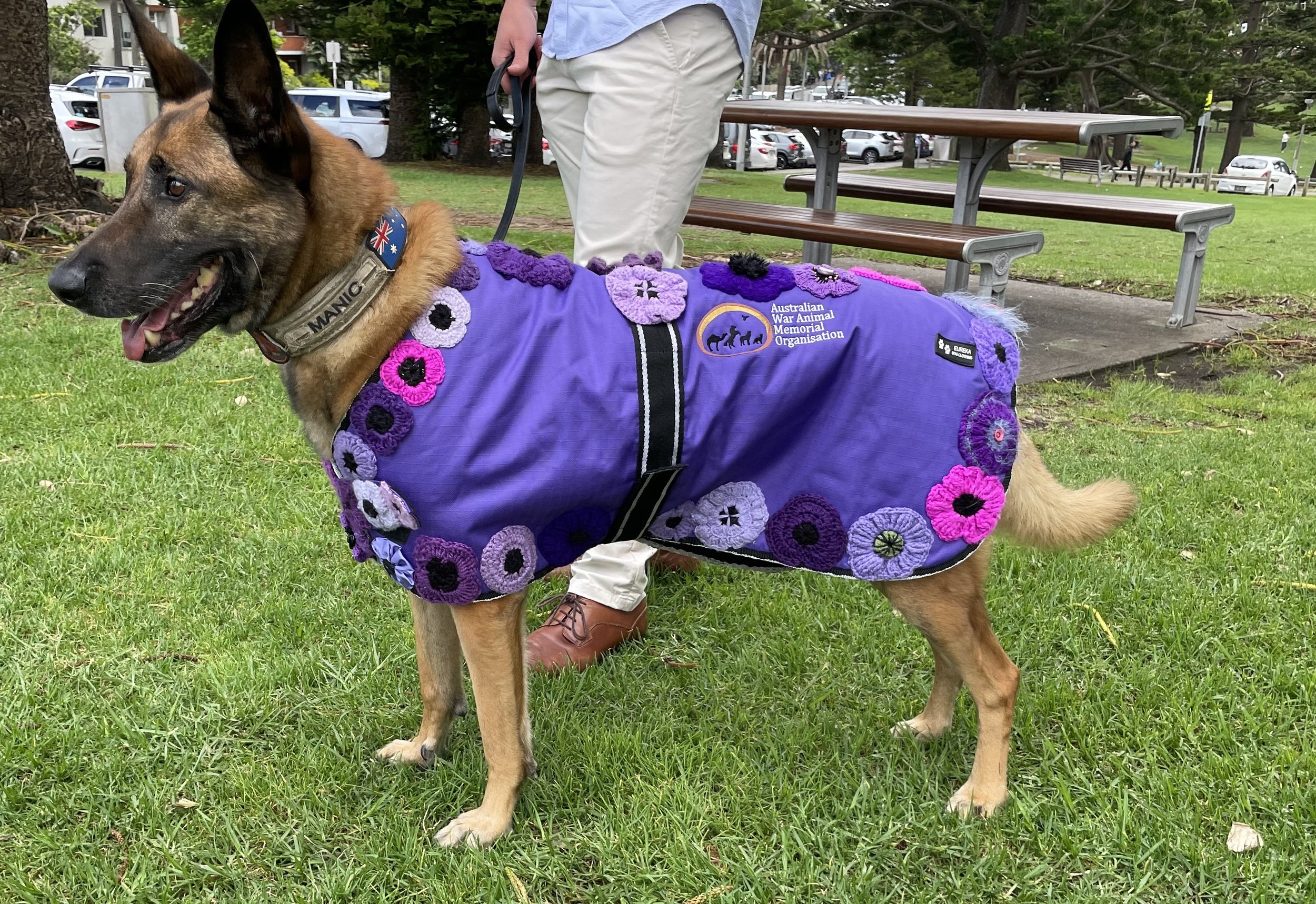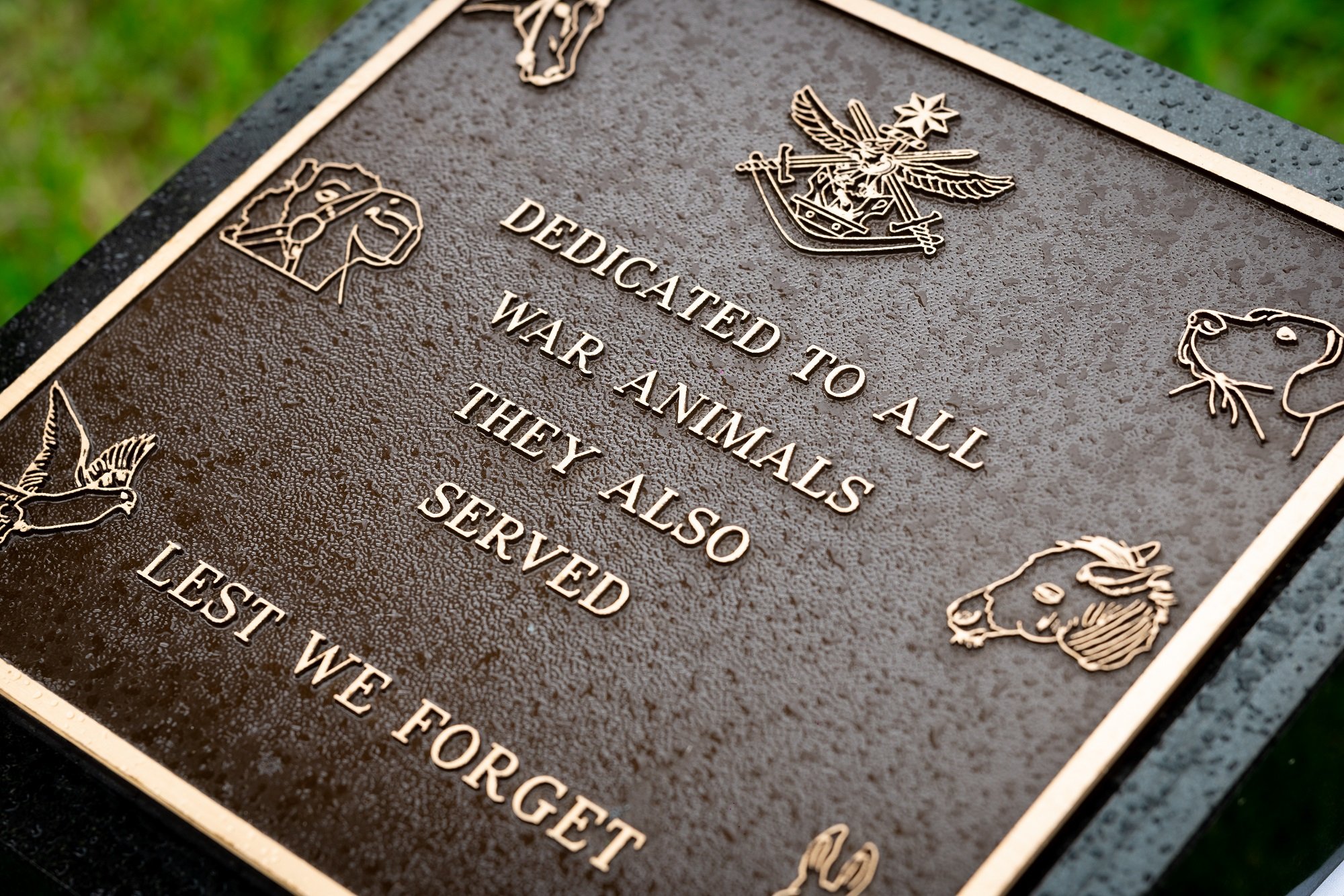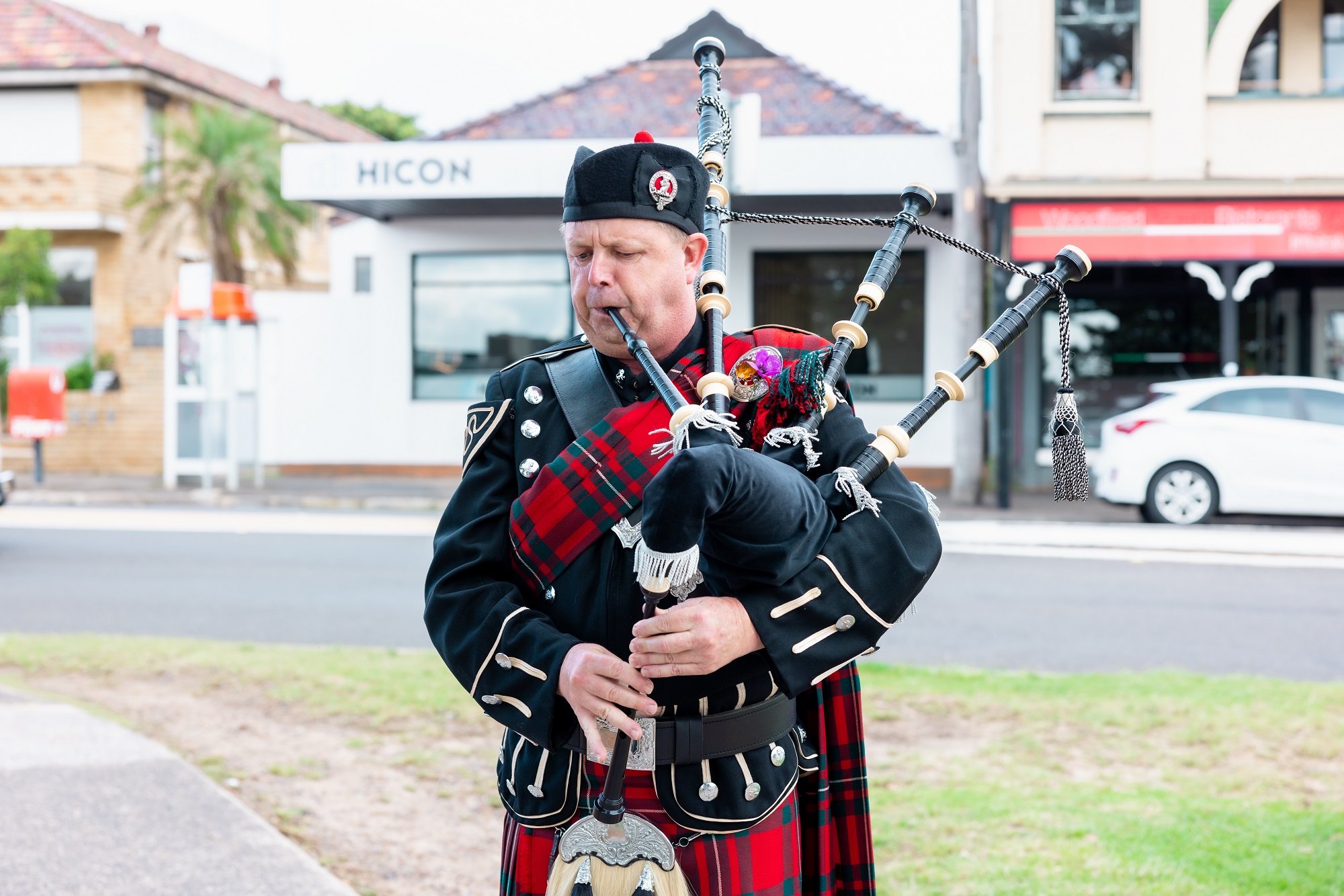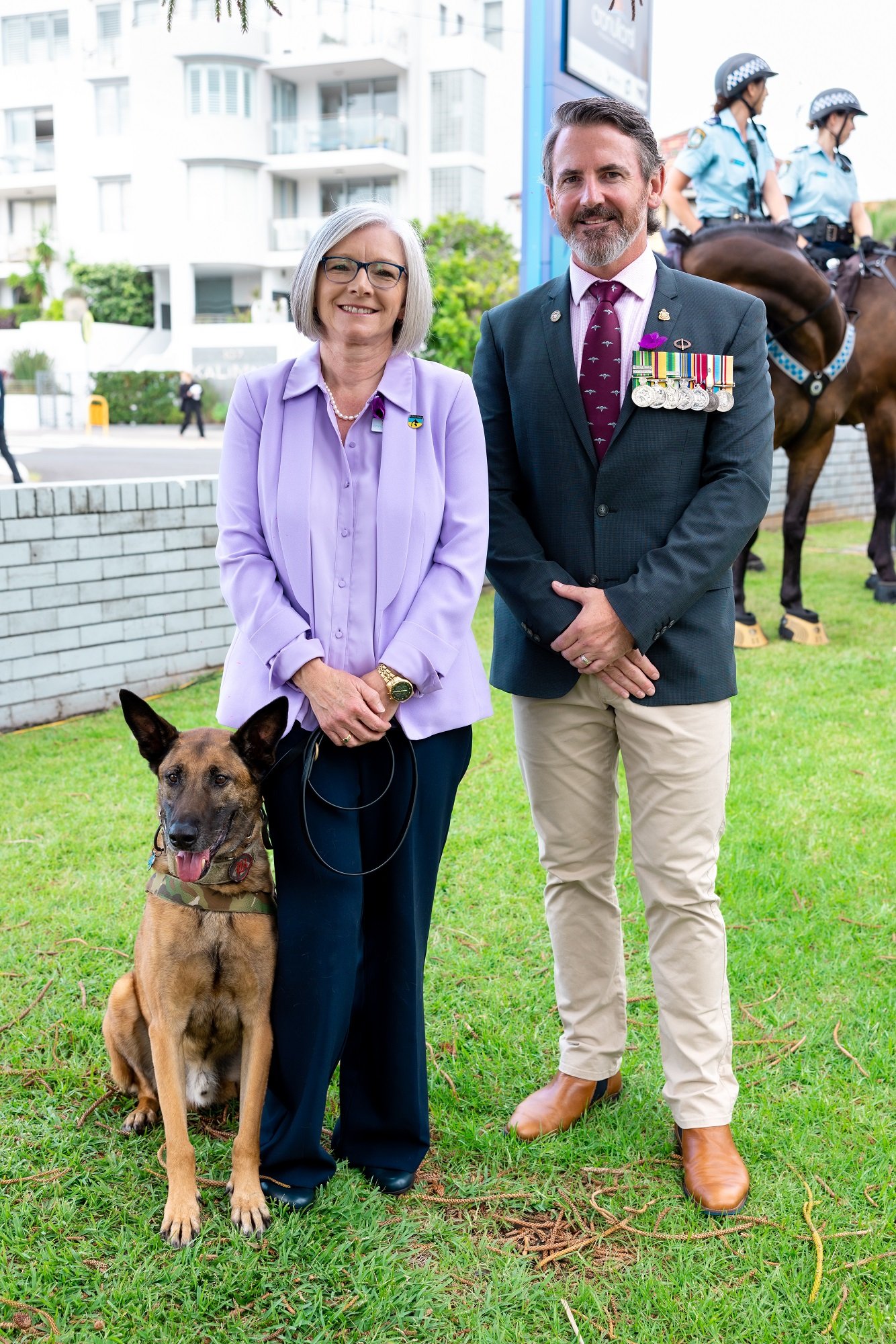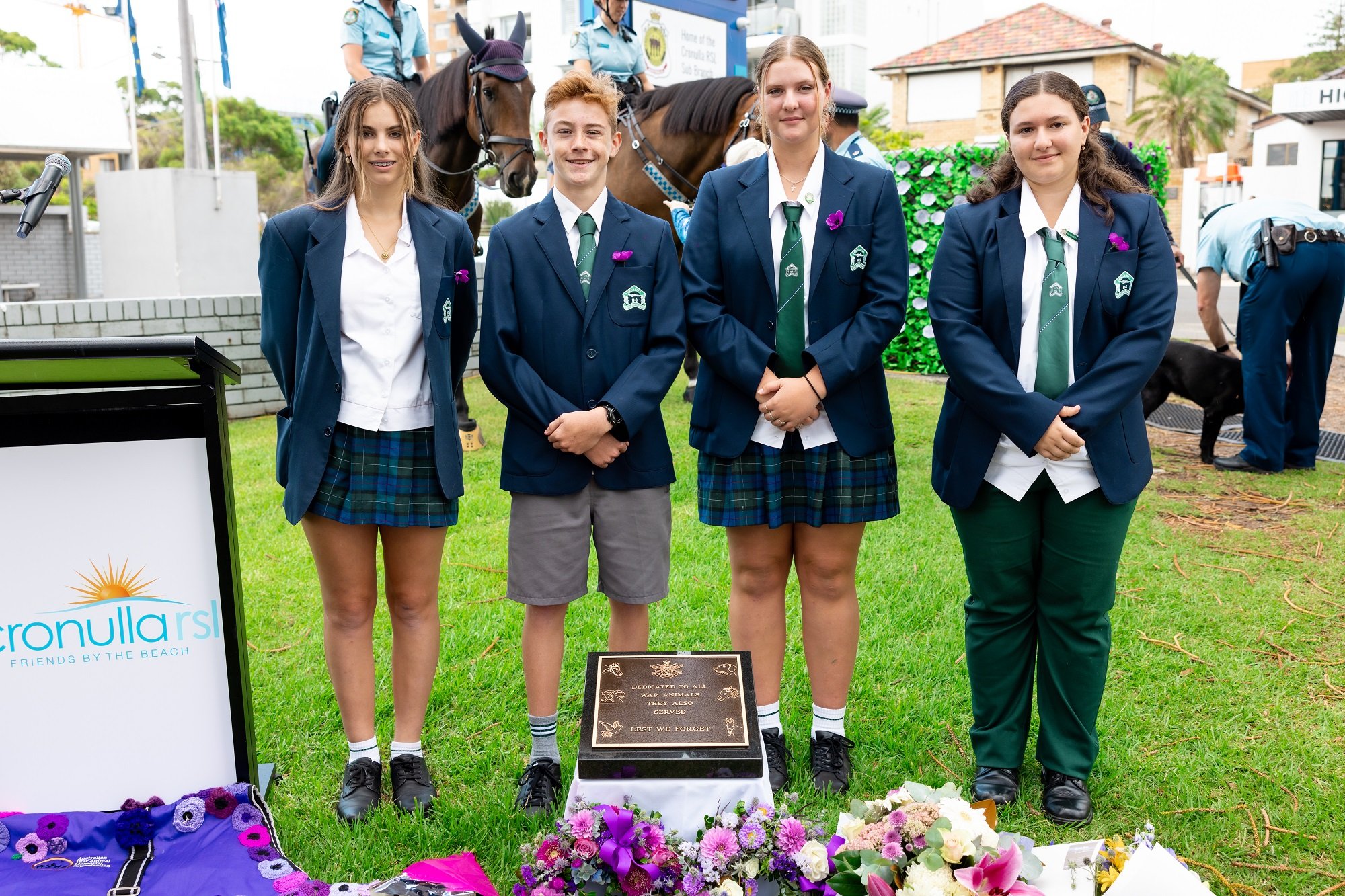War Animal Day Recognised in Cronulla
On Friday 24th February Cronulla RSL recognised National War Animal Day, and the important roles that animals have and continue to play in war. A special memorial service was held at the Club’s Memorial Garden.
In 2019 Minister Scott Buchholts announced in Federal parliament that the 24th February would be Australia's official war animal day. Cronulla RSL are one of the first clubs in NSW to hold a War Animal Day service, to encourage the community to think not only about our soldiers who gave their lives in war, but also spare a thought for the four-legged and winged heroes that fought and died alongside our troops.
The service was attended by The Hon. Mark Speakman, NSW Attorney General & Member for Cronulla, Mayor Carmelo Pesce & Cnr Leanne Farmer of Sutherland Shire Council, Chief Inspector Craig James & Superintendent Julian Griffiths of the NSW Police Force Dog & Mounted Command, the Directors of Cronulla RSL and the Committee of the Cronulla RSL Sub-Branch. Students from Woolooware High School, De La Salle Caringbah & Cronulla High School also paid their respects.
Local retired Military Working Dog, Manic and furry members of the NSW Police force (horses General & Prince and dogs Casper & Grug) were in attendance to pay tribute to their fellow four-legged and winged hero friends. Manic served in Iraq on Tactical Assault Group East. He assisted in training the forces deployed in Iraq, by providing early warning adversary hunt and detection, plus assault capabilities.
Animals have been put to many uses in war. Serving as transport, beasts of burden, messengers, protectors, mascots, and pets. They have played an important part in all wars in which Australians have been involved. It is estimated that more than 8 million animals died in WW1 alone: 400,000 horses left our Australian shore - only one was allowed to return home. 20,000 dogs, 200,000 pigeons, camels, mules, donkeys and even insects all played their part in battle.
On our own shores, many agencies still use animals like Casper, Grug, Prince & General to perform duties in our police and border force, such as patrols, special operations, parades & escorts. Our police dogs are amongst the best trained in the world, crucially important in the detection of drug, firearms/explosives and human remains.
The Chief Executive Officer of Cronulla RSL, Sue McNeill commented, “local veterans have educated us on the courage of animals who have served their country and the peace they have fought hard to achieve. It is only fitting that we commemorate our service animals on this day, acknowledging the sacrifices they too have made.”
“It is only fitting that we commemorate our service animals on this day, acknowledging the sacrifices they too have made.”
On the day, the Club were also fundraising for the Australian War Animal Memorial Organisation (AWAMO). AWAMO are currently working tirelessly to support and provide much-needed food, medication, and ground support to those helping the innocent animals of Ukraine suffering through conflict, via their sub-branch Australian Animal Aid. AWAMO also run ANZAC Veteran Service Dog Assistance Project; A program in place to financially help retired Military working dogs from the Australian Defence Force. During ANZAC day fundraising in 2021 & 2022, Cronulla RSL raised over $15,000 for AWAMO & Manic.
“We hope our ceremony raises awareness about the fantastic work conducted by AWAMO, their Military War Dog Assistance Program and Australian Animal Aid. We owe so much to animals impacted by war. We hope the wider community consider helping us make a difference” said McNeill.
For more information on War Animal Day visit https://www.cronullarslcommunity.com.au/waranimalday
Why we recognise National War Animal Day for War Animals
Animals have been put to many uses in war. Serving as transport, beasts of burden, messengers, protectors, mascots, and pets. They have played an important part in all wars in which Australians have been involved.
It is estimated that more than 8 million animals died in WW1 alone: 400,000 horses left our Australian shore - only one was allowed to return home. 20,000 dogs, 200,000 pigeons, camels, mules, donkeys and even insects all played their part in battle.
During the Vietnam War, the use of Agent Orange destroyed the habitats for Elephants, Asian Tigers, Civets, Leopards, and other species causing their extinction in this area. At least 40,000 animals were killed by landmines for the 20 years that followed.
The current war in Ukraine has affected millions of animals. From wildlife to beloved pets, many animals have died and even more remain starving, traumatised, or in dire need of care. Devastatingly, thousands of animals have had to be left behind as people are forced to flee their homes.
WWII hero Smoky, became the first war dog to be honoured with Distinguished Service Medal in the USA. The medal is the highest award American animals can receive. Found in an abandoned foxhole in New Guinea, the Yorkshire Terrier spent two years backpacking through the jungle with troops. She slept in their tents and shared their rations. Smoky participated in 12 air-sea rescue and photo reconnaissance missions. She survived 150 air raids on New Guinea and made it through a typhoon on Okinawa. She was credited for saving lives of others by warning the soldiers of incoming fire.
Donkeys were in constant demand to carry supplies to the frontline.
The homing ability and navigational skills of carrier pigeons saw them used during the First and Second World Wars. Some were even awarded medals for gallantry.
These animals displayed great valour, courage and bravery.
They were drafted into service, stood side by side with their humans.
By all of us acknowledging them for the incredible bond they shared, and for the sacrifices they made alongside those they served with, we can now restore some of the respect they are due.

